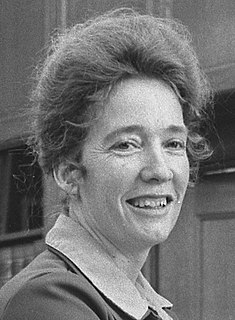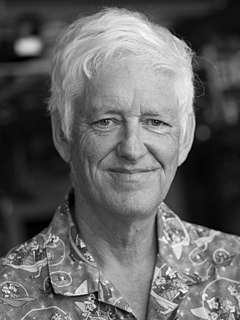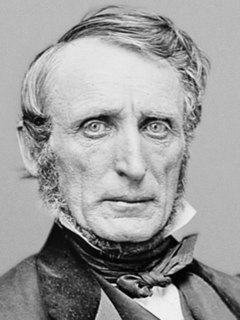A Quote by Sam Brownback
[Felix Frankfurter] said courts are not representative bodies. They're not designed to be a good reflex of a democratic society. Their judgment is best informed and, therefore, most dependable within narrow limits.
Related Quotes
All of those on the left, as I am, have always vastly preferred the democratic society over the hierarchical society and still do, but the democratic culture doesn't exist without highly informed citizens capable of thinking well, and if you have schools in which 40 percent of the people coming out of them cannot make change for a dollar, you don't have a democracy. You have a sibling society.
In America, we do not have a democracy. It's not what we have. We have a representative republic and therefore the rules and regulations that have been written to maintain it are not truly democratic - not purely democratic - in origin. They are about protecting and defending the establishment of this republic.
How can you make informed decisions ... ? The key seems to be to gather experts who are knowledgeable and passionate about the subject matter, and have them cooperatively discuss a series of questions designed to explore the limits of technical feasibility.
They must strive to reach the best decision rather than to persuade each other.
Because the region of the Celestial World is of so great and such incredible magnitude as aforesaid, and since in what has gone before it was at least generally demonstrated that this comet continued within the limits of the space of the Aether, it seems that the complete explanation of the whole matter is not given unless we are also informed within narrower limits in what part of the widest Aether, and next to which orbs of the Planets [the comet] traces its path, and by what course it accomplishes this.
It's only when movement becomes the most natural state in our lives that we can finally begin to enjoy the motion. And it's only when standing still becomes impossible that we can finally embrace the kinds of changes that are inevitable in our lives.
We were not designed to stand still. If we were, we'd have at least three legs. We were designed to move. Our bodies are bodies that have walked across vast continents. Our bodies are bodies that have carried objects of art and war over great distances. We are no less mobile than our ancestors. We are athletes. We are warriors. We are human.
































